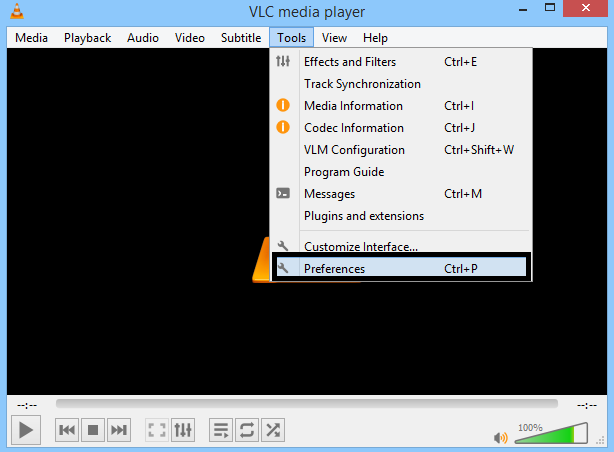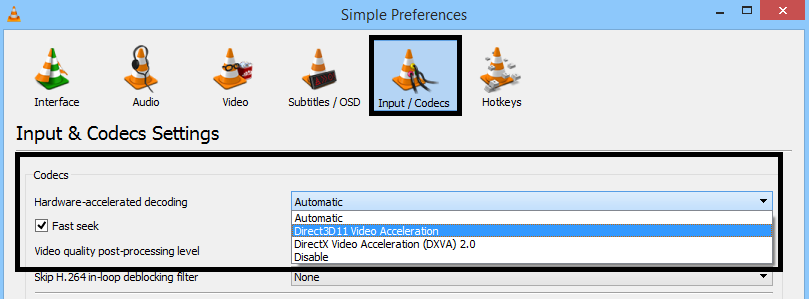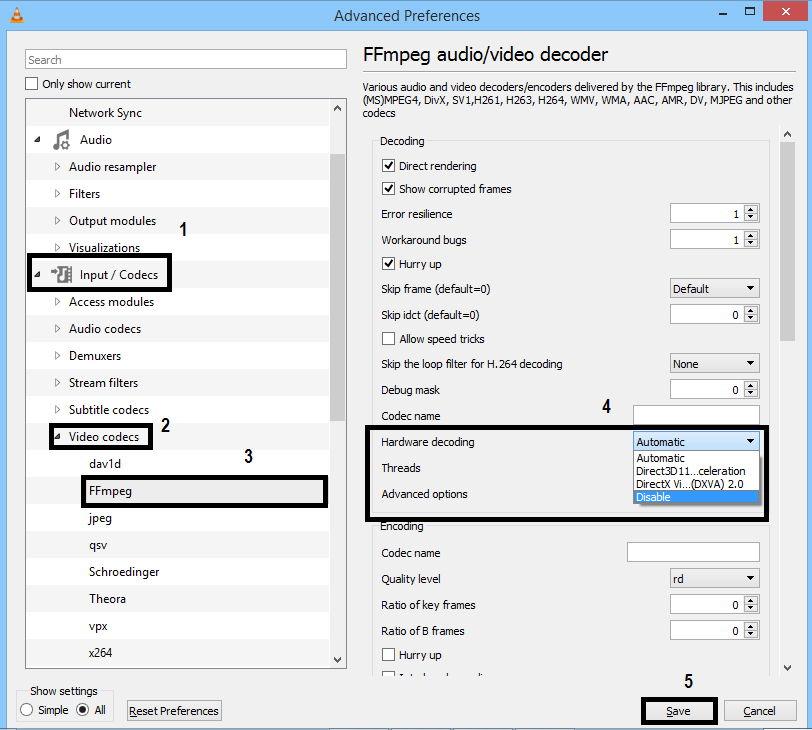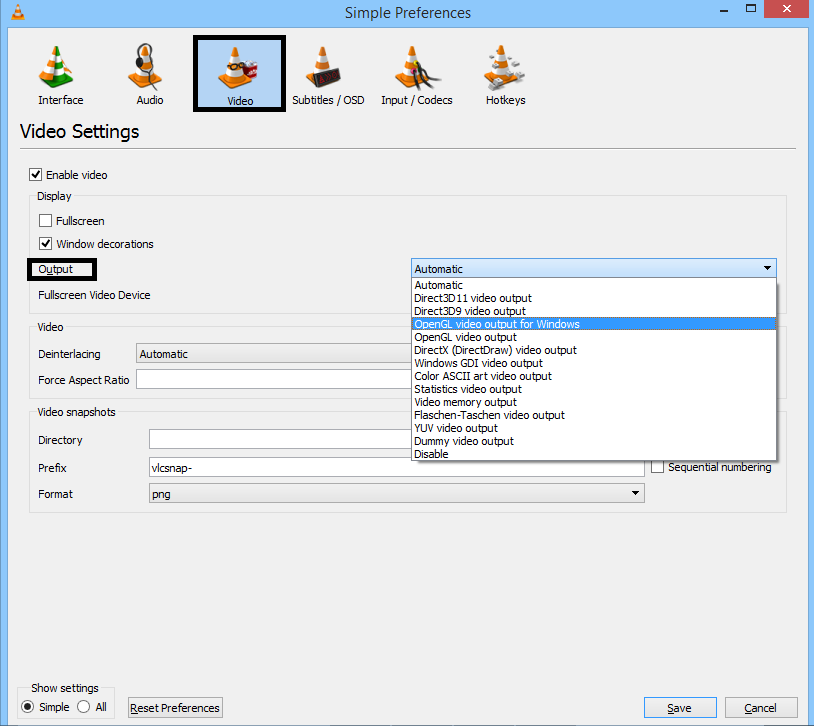4K Videos Not Playing? Try These Fixes.
Megha Sharma
|
Updated On - April 08, 2024
Read time 7 minutes
With the introduction of ultra HD resolution, 4K videos are much in use nowadays. A large number of professional as well as personal videos are recorded and saved in 4K. Such high-definition videos demand certain system requirements. So, many times users trying to run these trending 4K videos (lately the popular Netflix, Amazon Prime videos), get issues like choppiness, stuttering, crashing, lagging, freezing, etc.
If you are also facing issues in running 4K videos, then you are reading the right blog. Here, we will guide you with some solutions which can resolve the issues while running 4K videos.
Doing this could resolve the lagging, freezing issues with the video file by increasing streaming, filtering, and decoding speeds. Before trying this solution, it should be confirmed that the system is installed with the latest drivers.
Open the installed VLC Media player on your system. Go to Tools> Preferences.

On the opened page, click Input/Codecs icon and then choose the desired option from the displayed dropdown list under the Hardware-accelerated decoding option.

Configuring or enabling hardware decoding to Automatic, Direct could be another solution to get rid of any problem related to 4K videos. On VLC Media player, navigate to Tools> Preferences. On the Simple References page, select All options under Show settings at the bottom of the page. Then on the Advanced Preferences page, move to Input/Codecs> Video codecs>FFmpeg. In the Hardware decoding dropdown, select the desired decoding options from the list. Finally, click Save.

It is a trial & error method – change the current video output settings to Direct or OpenGL and check if the video plays after that. You just need to open VLC Media player, go to Tools option and select Preferences. Then switch to Video option and under the Output section, select the desired output settings and click Save to save the settings. Now, run the 4K video and check if the issue is fixed.

By increasing cached value in the software settings, stutter or lag issues in 4K Videos can be controlled.
Open the VLC Media Player. Go to Tools>Preferences. Under the Show Settings section, select All option. Now, from the Advanced Settings, click the Input/Codecs option. Move to the Advanced section, modify the File caching (ms), Network caching (ms), and Disc caching (ms) values to about 10 000 or more. Close the VLC Media Player and try running the video again.
Note: It is also recommended to select All option against Skip H.264 in-loop deblocking filter option under Input/Codecs feature in the VLC Media Player.
If you are unable to play a 4K or any other video in your media player, you should always try to convert that particular file format first. Changing the file format of any video can make it playable. Every video is originally made in a particular format as per the device’s specifications that is used to shoot it. But, different users playing the video on different platforms may change that file format to any other file format as per their requirement. The file format of these videos are changed and converted as they got circulated and shared. Hence, some video files may behave differently due to the changes in their original formats. Therefore, it is suggested to convert such video files to some other suitable video file format and try to play them again.
You can convert a video file with the help of many free video converter tools. If the video is quite important and contains sensitive content, it is suggested that you use a proper video converter tool for the same. Such a reliable and professional video conversion tool is Kernel Video Converter. It can convert multiple videos at a time and guarantees no harm to video quality or its length.
Not only the file size or big resolution, but the corruption in the video due to any random reason also could lead to 4K video issues. In that case, you need to repair corrupt video files. For this, we suggest you a one-stop – Kernel Video Repair which supports almost all video file formats – MP4, MOV, MPEG, MJPEG, MTS, M4V, MKV, AVI, AVCHD, WEBM, ASF, WMV, FLV, DIVX, 3G2, TS, 3GP, F4V file formats of any size and resolution from any device. The repair process is quick and is accomplished without loss of original quality. Go for the trial version of the tool and save up to 30 seconds of video for free. The solution considered as best video repair tool of 2022 and is highly recommended for its compatibility, repairing ability, simple interface, and advanced features.
High-resolution videos need advanced settings and system requirements to play without issues; otherwise they would not play or open. If you miss any of these settings or requirements, you can set them appropriately to fix the issues related to 4K video playing. But if 4K video files are corrupted, you need an advanced solution – The tool – to repair the corrupt video files.
I am so happy that I came across this blog and were able to fix the videos easily.
Have tried all the methods and nothing seems to be working. Will this prodcut work on my Windows 10 system?
Hi Arun
Yes, the tool will definitely work on Win 11, 10 & earlier versions.
Thank you so much, just because of you, I fixed videos not playing issue after reading your blog.
Thank you! Happy to hear that it helped you.